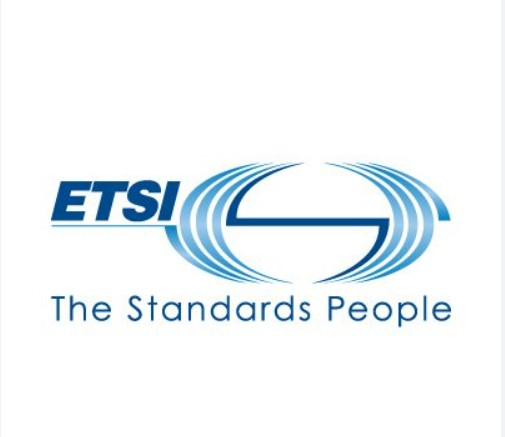The US AI firm, OpenAI, has announced plans to test advertising within ChatGPT as part of a broader effort to widen access to advanced AI tools.
An initiative that focuses on supporting the free version and the low-cost ChatGPT Go subscription, while paid tiers such as Plus, Pro, Business, and Enterprise will continue without advertisements.
According to the company, advertisements will remain clearly separated from ChatGPT responses and will never influence the answers users receive.
Responses will continue to be optimised for usefulness instead of commercial outcomes, with OpenAI emphasising that trust and perceived neutrality remain central to the product’s value.
User privacy forms a core pillar of the approach. Conversations will stay private, data will not be sold to advertisers, and users will retain the ability to disable ad personalisation or remove advertising-related data at any time.
During early trials, ads will not appear for accounts linked to users under 18, nor within sensitive or regulated areas such as health, mental wellbeing, or politics.
OpenAI describes advertising as a complementary revenue stream rather than a replacement for subscriptions.
The company argues that a diversified model can help keep advanced intelligence accessible to a wider population, while maintaining long term incentives aligned with user trust and product quality.
Would you like to learn more about AI, tech and digital diplomacy? If so, ask our Diplo chatbot!










